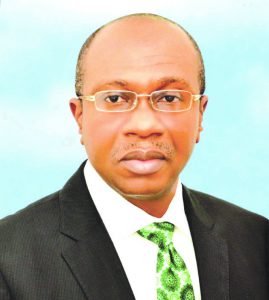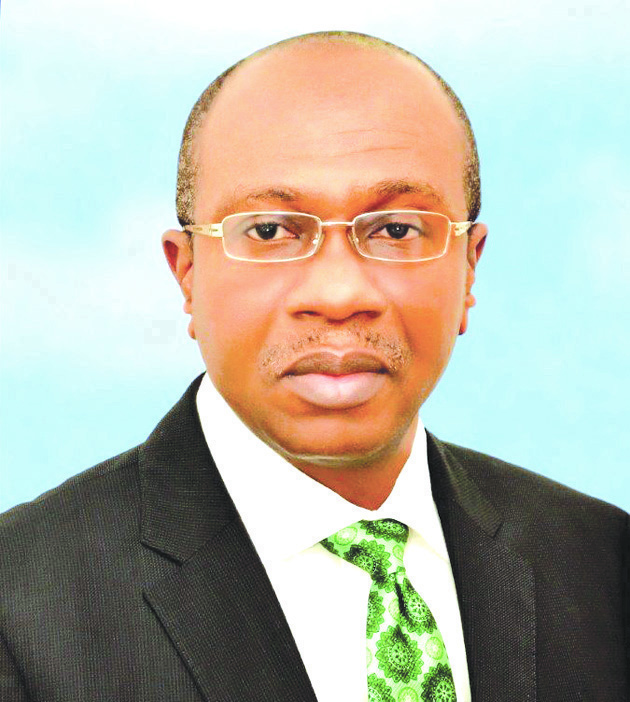Central Bank of Nigeria steps up drive for financial inclusion in Nigeria in its bid to achieve 80 per cent inclusion of adult population by the year 2020
The Central Bank of Nigeria (CBN) has directed 21 deposit money banks (DMBs) and 942 micro finance banks (MFBs) in the country to aim at bringing in 7.6 million new customers in 2018.

Following this directive, banks in Lagos State have been charged to open 2,293,080 new bank accounts. The target is to speed up the attainment of 80 percent financial inclusion rate by 2020 under the Financial Inclusion Strategy (FIS). The country has so far achieved 41.6 per cent financial inclusion rate.
The CBN’s goal for breaking down the target state-by-state is “to ensure that the masses at the grassroots have access to financial services such as payments, savings, credit, insurance and pension.”
Mrs Elizabeth Agu, CBN’s Branch Controller at the Federal Capital Territory (FCT) announced the target at the recent inauguration of the Financial Inclusion State Steering Committee (FISSCO). FISSCO was expected to ensure that the targets were achieved at the grassroots in the FCT. Membership of the FISSCO is made up of officers of DMBs branches in the Abuja metropolis and representatives of key government agencies in FCT. The apex bank, Agu said, has discussed details of the strategy with the affected financial institutions. “We are, therefore, inaugurating the Financial Inclusion Strategy State Steering Committee to be chaired by the CBN Branch Controller while the head of development finance office will serve as technical officer in the state/ committee,” she said.
Agu explained that the cost-cutting and diverse nature of the targeted services require collaborative efforts by stakeholders in the financial sector, especially at the grassroots. “In particular, financial service providers at the state level are pertinent to achieving at least 80 per cent inclusion of adult population by the year 2020. To achieve this, each of the DMBs operating in the FCT have the target to get a minimum of 1,500 new savings customers by 2018, the MFBs have the target to open at least 2,500 new accounts. The DMBs in the FCT have to also offer credit to at least 600 fresh individuals and for the MFBs, they have the target of ensuring that at least 1,000 customers are offered fresh credit,” Agu said.
Another effort by the CBN to fast-track the financial inclusion drive is the review of the strategy document for the FIS to achieve the required levels of financial inclusion in the country within the time-frame. The apex bank is targeting 80 per cent adult inclusion in financial services by 2020. The review is also expected to identify challenges and solutions needed to attain the goals of financial inclusion in Nigeria.
The review is expected to come up with strategies suitable for the adoption of financial inclusion in the North East, North West and North Central of the country where the exclusion rates are still very high. “We intend to hold stakeholders’ workshops in those parts of the country to drill down on strategic measures that will give us quick results. The bank is also working on developing non-interest financial products for the regions. We are conceptualizing ways to reach out to women whose culture and religion require specialized products and channels,” Agu said.
Christian Ohaa, permanent secretary, Federal Capital Territory Administration (FCTA), who was represented by Abubakar Sanni Pai, assured the CBN of the cooperation of the FCTA in attaining financial inclusion. He urged the apex bank to create a common platform for stakeholders to contribute their views to achieve the National Financial Inclusion Strategy (NFIS). He identified financial inclusion as “one of the ways to assist the masses to attain economic independence especially those at the bottom of the pyramid by providing them with adequate access to financial services in a convenient and affordable manner.”
Godwin Emefiele, governor, CBN, described financial inclusion as an effective strategy for poverty eradication, adding that it enables individuals, households and businesses to have access to appropriate and affordable financial services products irrespective of their income level. “We are concerned about the level of financial inclusion because individuals and households lacking adequate access to affordable and convenient formal financial services would be severely constrained in participating fully in the economy,” he said.
This, Emefiele noted, will imply that the financial sector would be constrained in terms of expansion, as the disposable income in the hands of excluded persons could constitute greater savings and wider deposit base for banks. “To address our financial inclusion challenges, we have continued to implement various initiatives to ensure that as much of the eligible target population has the opportunity to access a variety of financial services,” he said.
By Dike Onwuamaeze


